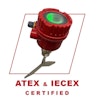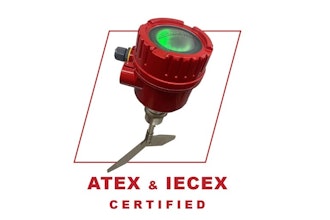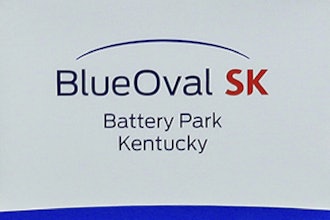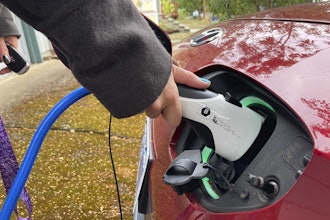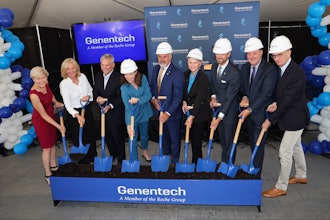DETROIT (AP) — Ford will reduce gas mileage estimates for its C-Max hybrid, following a government investigation into consumer complaints that the car's actual mileage was lower, a person familiar with the matter said Thursday.
Ford will drop the combined city-highway mileage listed on the window sticker from 47 mpg to 43 mpg (20 kpl to 18.3 kpl), according to the person, who asked not to be identified because the change has not been formally announced.
The U.S. Environmental Protection Agency, which monitors gas mileage testing, began its probe earlier this year after consumers complained that the C-Max's mileage fell short of estimates.
Ford followed EPA methods to calculate the C-Max mileage, but in this case, the numbers still were overstated, according to the person familiar with the matter.
Ford spokesman Todd Nissen would not comment Thursday afternoon. The company had scheduled an announcement about gas-mileage on Friday, without giving specifics.
It's the second time in less than a year that the EPA has made an automaker reduce window sticker mileage figures. In November, the EPA found inflated numbers on 13 Hyundai and Kia models.
The Korean automakers acknowledged the problem with more than 900,000 vehicles. They changed the numbers and blamed a procedural error. As compensation, Hyundai and Kia have paid owners around $88 annually, based on the amount the mileage was overstated and the average price of gasoline. The customer payments are likely to cost the companies millions of dollars.
Automakers follow EPA procedures to test vehicles, and the EPA spot-checks their results or checks them in response to consumer complaints. But it rarely finds problems that warrant corrections. The EPA has said the Hyundai-Kia case was the first in which erroneous test results were found in so many models. Only two similar cases have been discovered since 2000, and those involved single models.
Some buyers refused to settle and sued in federal court, where Hyundai is now negotiating with plaintiffs. The EPA says it's still investigating the Hyundai-Kia case and could further punish the automakers.
The vehicles involved include the Hyundai Azera, Accent, Genesis, Santa Fe, Sonata Hybrid, Tucson and Veloster and the Kia Optima Hybrid, Rio, Sorento, Soul and Sportage.


